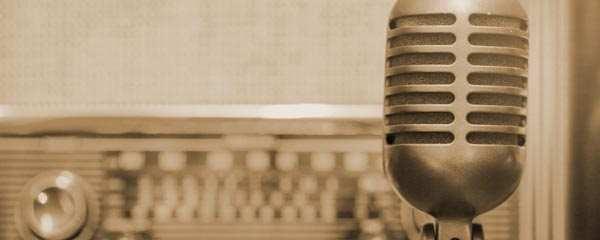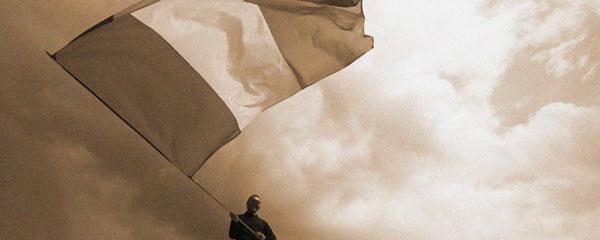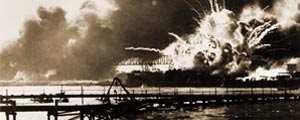In September 1939, about two weeks after the start of World War II, Americans expressed considerable skepticism about news reports coming in from Europe. Two-thirds said they had no confidence in the news from Germany, and 30% said they had no confidence in the news from England and France.
| Complete confidence | Some confidence | No confidence | |||||||||||||||||||||||||||||||||||||||||||||||||||||||||||||||||||||||||||||||||||||||||||||||||
|---|---|---|---|---|---|---|---|---|---|---|---|---|---|---|---|---|---|---|---|---|---|---|---|---|---|---|---|---|---|---|---|---|---|---|---|---|---|---|---|---|---|---|---|---|---|---|---|---|---|---|---|---|---|---|---|---|---|---|---|---|---|---|---|---|---|---|---|---|---|---|---|---|---|---|---|---|---|---|---|---|---|---|---|---|---|---|---|---|---|---|---|---|---|---|---|---|---|---|---|
| % | % | % | |||||||||||||||||||||||||||||||||||||||||||||||||||||||||||||||||||||||||||||||||||||||||||||||||
| ║┌┴¤═° from England and France | 8 | 62 | 30 | ||||||||||||||||||||||||||||||||||||||||||||||||||||||||||||||||||||||||||||||||||||||||||||||||
| ║┌┴¤═° from Germany | 1 | 33 | 66 | ||||||||||||||||||||||||||||||||||||||||||||||||||||||||||||||||||||||||||||||||||||||||||||||||
| ║┌┴¤═°, Sept. 13-18, 1939 | |||||||||||||||||||||||||||||||||||||||||||||||||||||||||||||||||||||||||||||||||||||||||||||||||||
Most other Americans said they had "some confidence" in each side's reports. This left only 8% feeling completely confident about the news from England and France and just 1% completely confident about the news from Germany.
First Casualty of War ÔÇŽ the Truth?
Americans' doubts about the credibility of European news may have partly reflected the open secret that the countries facing off in the new war were employing propaganda to help their causes. This awareness is evident in George ║┌┴¤═°'s introduction to his 1939 article on the poll, saying, "Propaganda has grown to be one of the most powerful weapons of modern warfare -- useful both in demoralizing enemy forces and in influencing the opinion of neutrals. How aware is the American public that propaganda is being used in the present war, and how effective has that propaganda been so far?"
The article also addressed one blatant act of propaganda, or what today might be called fake news, involving the sinking of the SS Athenia -- a British passenger ship -- at the start of the war. As ║┌┴¤═° explained it, "The British have blamed the Athenia disaster on a torpedo from a U-boat. The German press, on the other hand, denied the torpedoing and even suggested that the passenger liner was sunk by the British in order to arouse anti-German sentiment."
After the war, it was revealed that a German submarine commander had, indeed, ordered the Athenia to be torpedoed, mistaking it for a warship.
How effective was Germany's false claim that England had ordered the Athenia's sinking as a ruse to draw America into the war? It's not clear. Just 9% of Americans thought Germany wasn't responsible, while 60% thought it was. However, another 31% were unsure -- some of whom may have been influenced by Germany's denials, while others were simply not aware of the matter.
║┌┴¤═°'s World War II polling on propaganda didn't distinguish between state-sponsored propaganda and propaganda spread through the press -- perhaps because government influence over the press at the time, and the news media's reliance on government reports, made it hard to separate the two.
Read more from the ║┌┴¤═° Vault.





